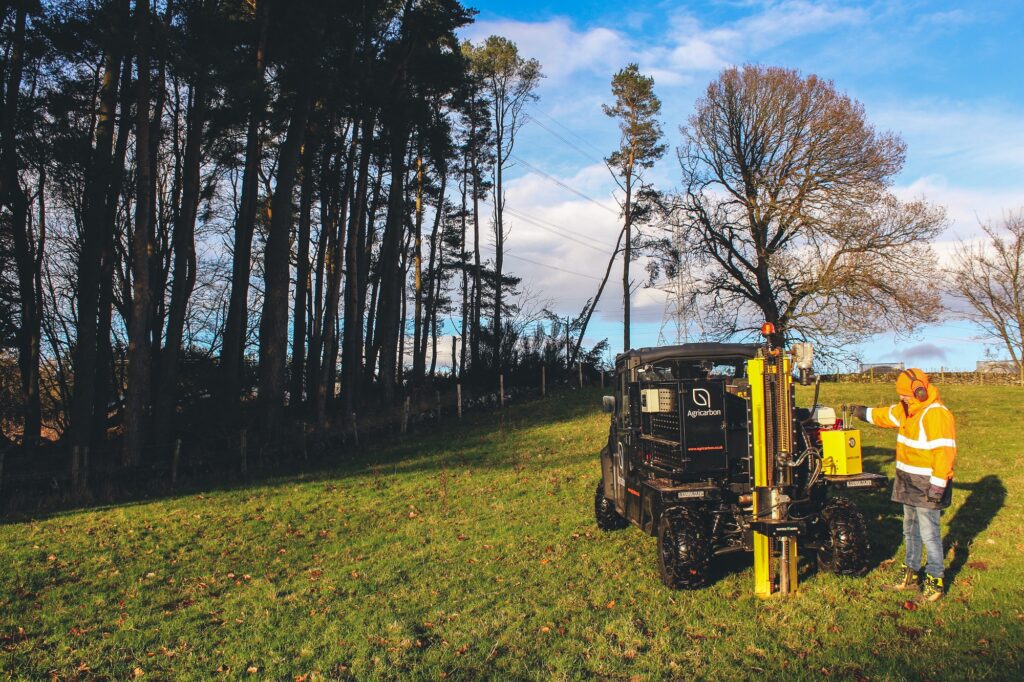Written by Harry Kamilaris from Agricarbon
Soil carbon has emerged as a transformative force in agriculture, offering a solution to combat climate change while improving soil health and productivity. Agricarbon is at the forefront of soil carbon measurement, providing farmers with an accurate and easy-to-use service to measure and monitor their soil carbon stocks at scale. In this article, we will explore the significance of soil carbon, Agricarbon’s approach, and a compelling case study showcasing the impact of their work.
Increasing the amount of carbon in the soil plays a pivotal role in enhancing overall soil health, boosting agricultural productivity, and sequestering carbon dioxide from the atmosphere. The benefits extend beyond improved soil structure, nutrient cycling, and water retention. They also include supporting thriving microbial activity and fostering biological diversity, which contribute to positive environmental impacts and bolster farm economics.
Soil carbon is a leading indicator of soil health, and regenerative farming practices can help increase soil carbon stocks. Small increases of Soil Organic Carbon over very large areas in agricultural land will significantly reduce atmospheric carbon dioxide. Some studies suggest that for every 0.1% increase in soil organic matter per hectare, nine tonnes of CO2 could be removed through sequestration. Additionally, it is suggested that the same increase in soil organic matter allows the soil to hold an extra 28,000 litres of water per hectare, reducing flood risk, run-off, and providing drought resilience.
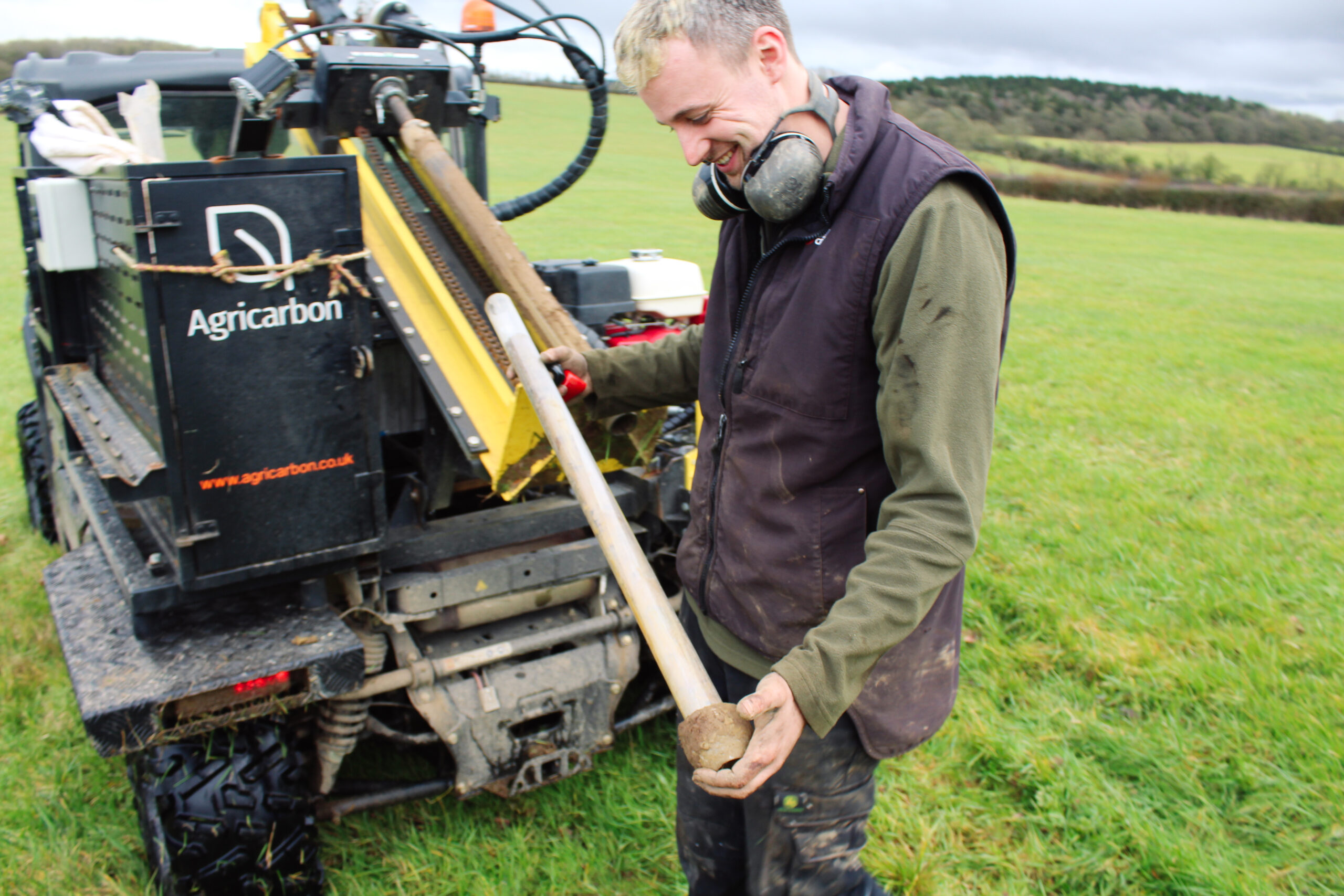
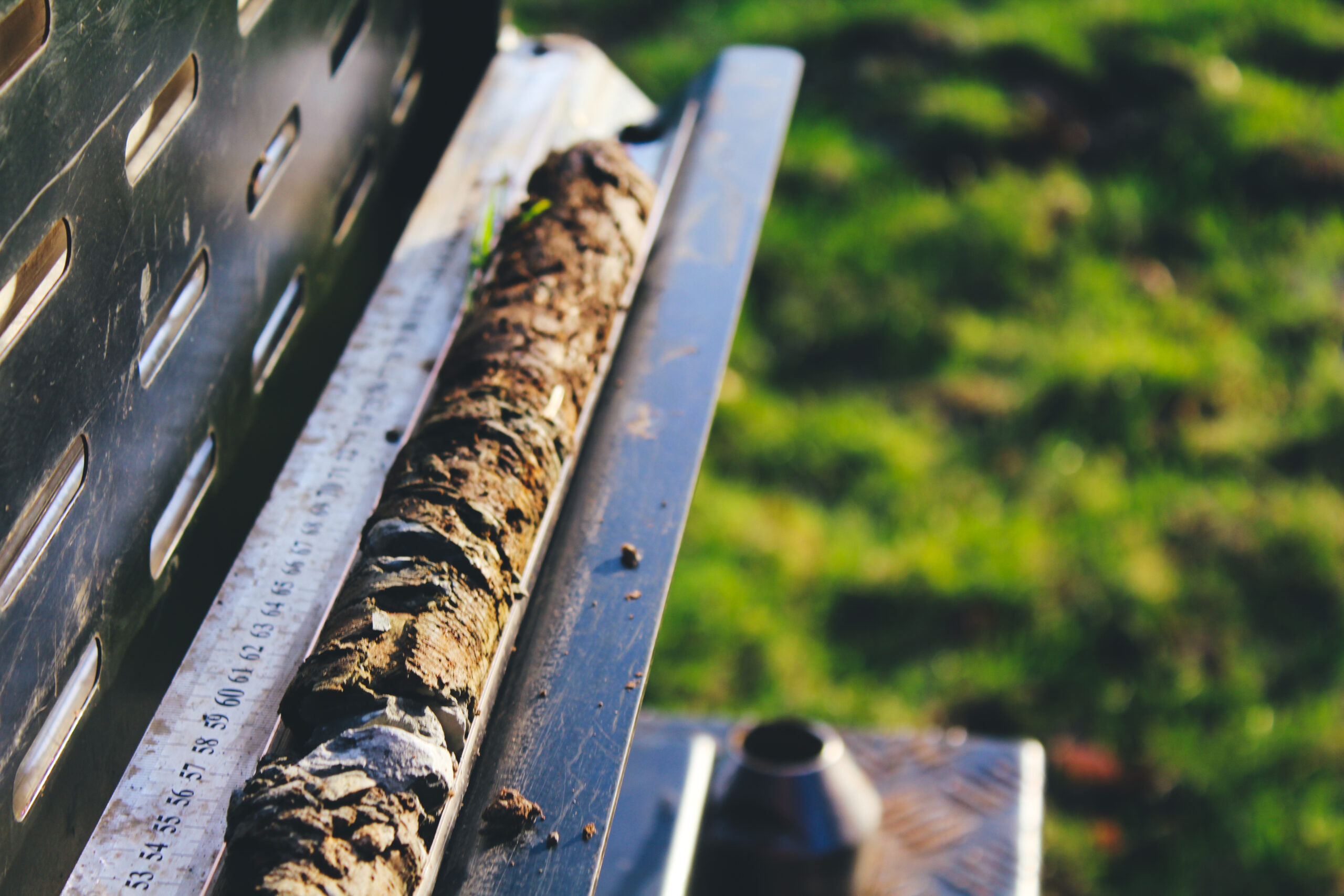
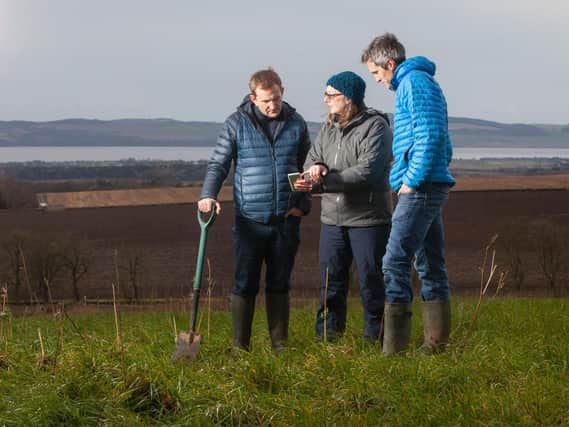
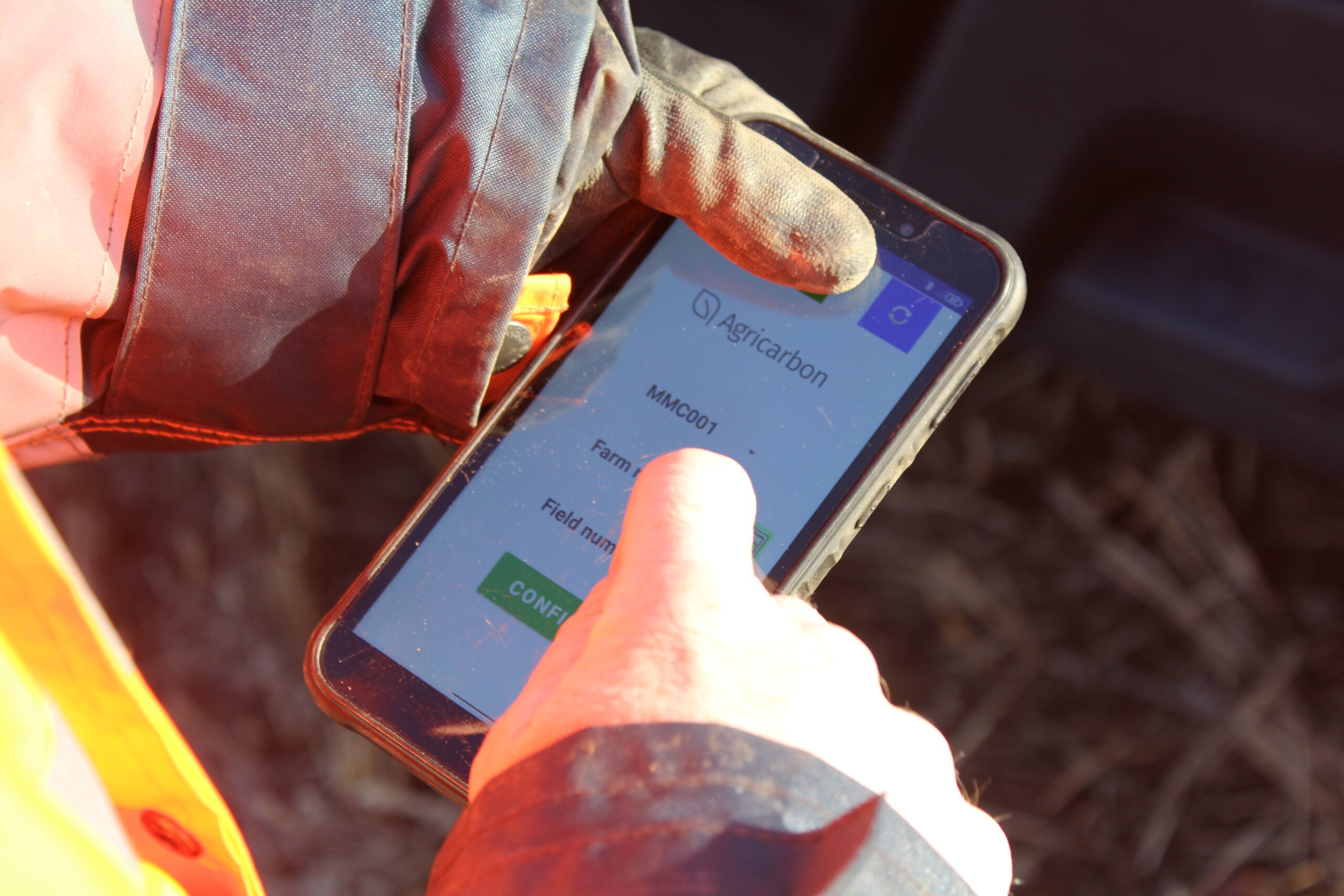
Agricarbon, a leading company specializing in soil carbon measurement and monitoring. The data gives you control of the soil; enabling you to make informed decisions about land management and you can choose whether to monetize your carbon. Agricarbon is entirely independent from any trader or purchaser, providing a trusted, unbiased, and scientifically rigorous service.
All that is required from farmers like yourself, is to be there to open your farm gate, and Agricarbon will take care of the rest. Whatever farming system you manage, we can deliver our service. It doesn’t matter whether you are an arable or livestock farmer, now is the time to establish a soil carbon baseline. Especially for arable farmers looking ahead post-harvest. But why should you baseline now?
First Milk, a pioneering dairy cooperative, quickly recognized the long-term value of baselining a significant portion of their farms. They chose to partner with Agricarbon to ensure integrity along their sustainability journey. Agricarbon conducted comprehensive soil carbon sampling and analysis, baselining soil carbon stocks across various landscapes and management practices. Supported with this information, First Milk has implemented strategies that target enhanced soil health and increased carbon sequestration through regenerative farming techniques.
Mark Brooking, Sustainability Director at First Milk, explained, “We’ve committed to sequestering an additional 100,000t of CO2-e in soil each year by 2025. To prove we are achieving this, it is important that we establish the baseline position, and then continue sampling in the future to demonstrate the change that’s been delivered via our regenerative actions.”
Through their collaboration with Agricarbon, First Milk successfully leverages accurate soil carbon data to drive their sustainability initiatives. The partnership allows them to monitor and measure their progress, providing a robust foundation for their sustainability goals. By embracing data-driven practices and showcasing the positive impact of sustainable farming, First Milk has positioned themselves as pioneers in the dairy industry. The case study of First Milk exemplifies the transformative power of accurate soil carbon data.
In short, farmers like you will always make the difference, and Agricarbon measures it.
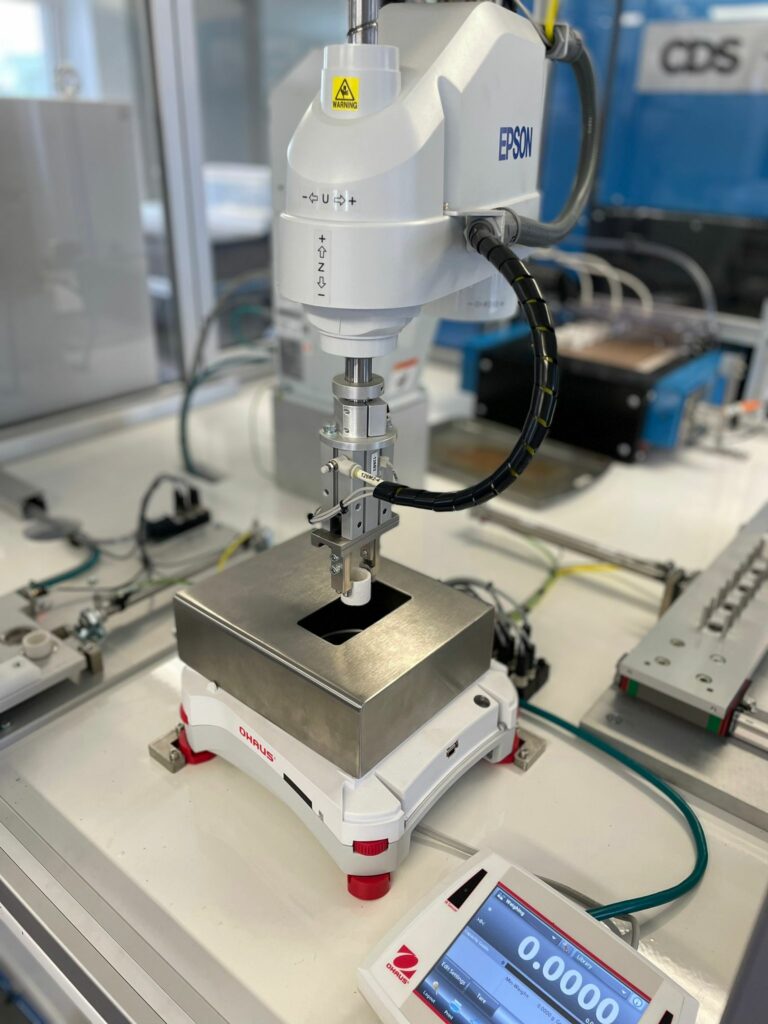
To learn more about the benefits of measuring and increasing your soil carbon, reach out to one of Agricarbon’s friendly team members. We will also be exhibiting at Groundswell this June, where we welcome any questions that you may have.
Alternatively, you can contact me directly at hkamilaris@agricarbon.co.uk


